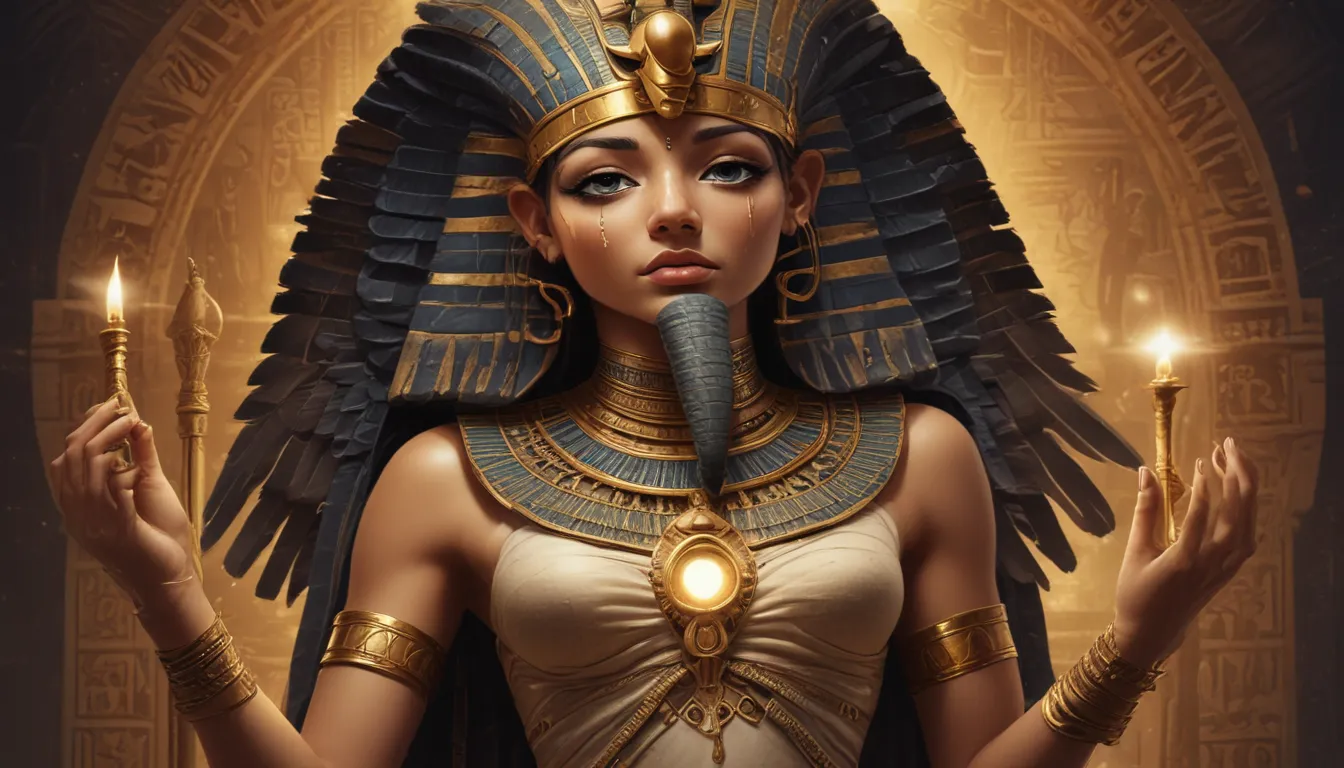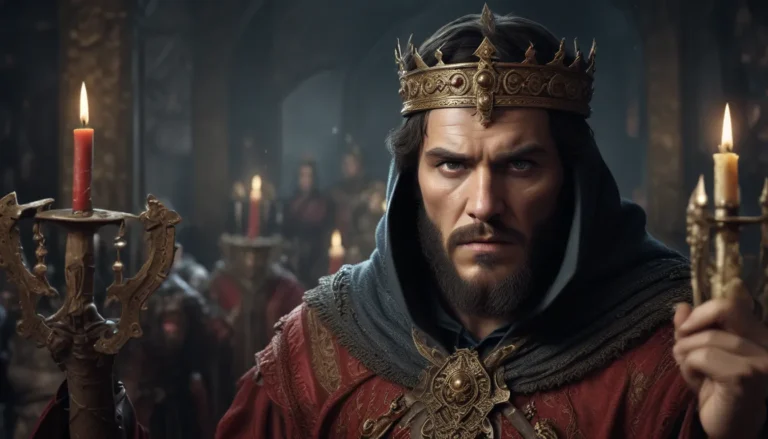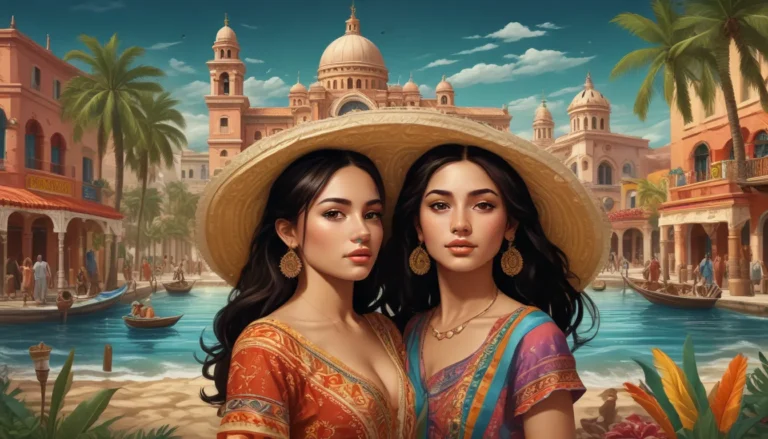The images in our articles may not match the content exactly. They are used to grab your attention, not to show the exact details in the text. The images complement the text but do not replace it.
Welcome to a fascinating journey into the mystical realm of ancient Egypt, where gods and goddesses once reigned supreme. While the worship of these deities has long faded into history, their legacy continues to captivate our imagination and influence modern-day culture. Join us as we delve into the enchanting world of Egyptian gods and goddesses, uncovering intriguing facts and hidden secrets along the way.
Unraveling the Pantheon: Quick Facts
- Archaeologists have identified over 1,500 distinct ancient Egyptian gods and goddesses, each with their own unique attributes and domains.
- The ancient Egyptians revered their Pharaohs as gods incarnate during their rule, bestowing upon them divine authority and status.
- A key responsibility of the Pharaoh was to oversee the management of temples throughout the kingdom, serving as a conduit between the mortal realm and the divine.
- While ordinary Egyptians worshipped these deities, they often remained unaware of the intricate details and complexities of their pantheon.
- The ancient Egyptian gods and goddesses were believed to possess otherworldly qualities, with bodies of gold and blood of silver, along with the ability to shape-shift and enforce cosmic order.
Delving into the Past: Essential Facts
- Oral traditions surrounding Egyptian gods and goddesses can be traced back to prehistoric eras, reflecting a deep-rooted reverence for these divine beings.
- The oldest written records depicting these deities date back to approximately 3100 BC, shedding light on the ancient Egyptians’ religious beliefs and practices.
- Priests and scribes of ancient Egypt held exclusive knowledge of religious matters, safeguarding sacred teachings within their inner circles.
- The Old Kingdom witnessed the peak of the Pharaoh’s religious authority, with rulers regarded as intermediaries between mortals and the divine.
- Subsequent epochs such as the Middle Kingdom and New Kingdom marked a shift away from the Pharaoh’s deification, leading to a decline in their religious significance.
- Pharaoh Amenhotep IV, also known as Akhenaton, attempted a religious reform to elevate Pharaoh’s status as a divine figure, albeit unsuccessfully.
- By the end of the New Kingdom, the Pharaohs had relinquished their religious powers, paving the way for new dynasties and influences within Egypt.
- The Ptolemaic Dynasty under Ptolemy I Soter witnessed a brief resurgence of Pharaoh’s religious authority before succumbing to Roman conquest in 30 BC.
- The spread of Christianity in Egypt ultimately signaled the end of millennia-old worship of Egyptian gods and goddesses, ushering in a new era of religious beliefs.
- Rediscovery of ancient Egyptian deities by archaeologists in the 19th century sparked renewed interest and research into the fascinating world of Egyptian mythology.
Unveiling Divine Mysteries: Interesting Facts
- Ancient Egyptian gods and goddesses were believed to possess ethereal forms, with bodies crafted from gold and blood of silver.
- These deities were thought to wield shapeshifting abilities, allowing them to manifest in various forms and interact with mortals.
- Unlike omnipotent gods in other mythologies, Egyptian deities were known to respect human free will, opting to punish rather than restrict individual choices.
- Each god and goddess held specific roles and responsibilities within the cosmic order, working collectively to maintain harmony and balance in the universe.
- Foreign deities could also receive official recognition from the Pharaoh, illustrating the dynamic interplay between Egyptian and external religious influences.
As you embark on this insightful journey into the realm of Egyptian gods and goddesses, remember that each myth and legend holds a piece of ancient wisdom waiting to be discovered. Join us in unraveling the mysteries of the past, as we explore the enchanting tales and divine beings that shaped the cultural tapestry of ancient Egypt. Let the magic of the ancient world guide you on a transformative quest of knowledge and enlightenment.






